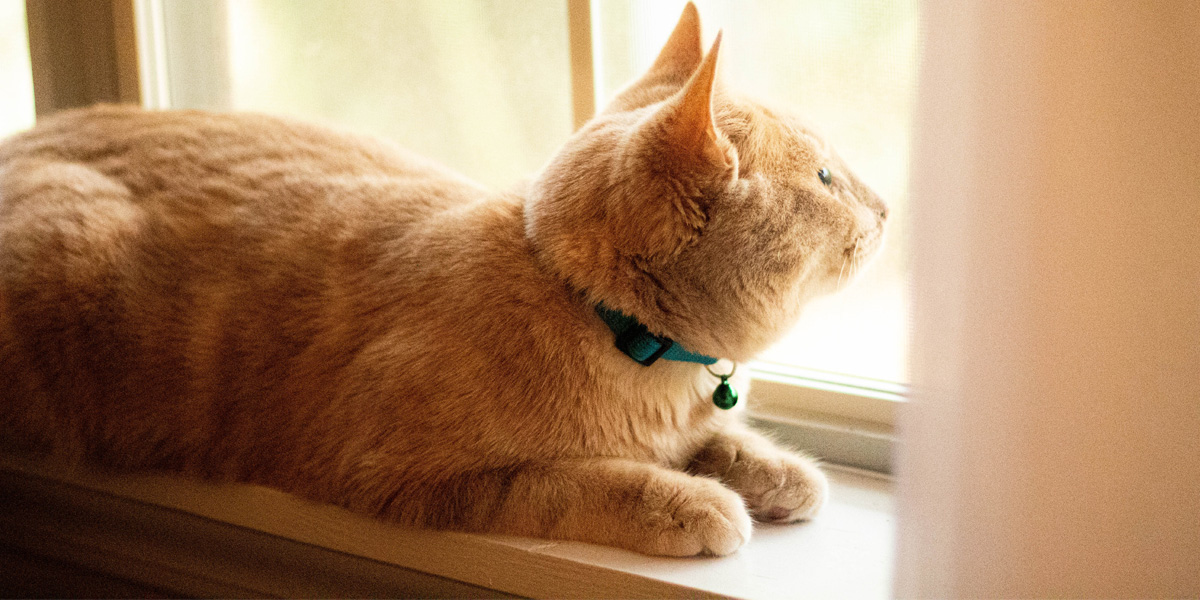
SAVE AN EXTRA $5 - $20 OFFUse code PETS in cart (Exclusions apply)

Save 40% with first AutoShipUse code NEW40 (Up to $40 max. Exclusions apply)

While efforts are made to answer all questions as quickly as possible, if an immediate answer is required or if your pet is in need of urgent or emergency care, contact your pet's veterinarian immediately.

You will receive an answer from Dr. Lindsay and our vet/tech team as soon as possible, usually the same day.
All answers are provided for informational or educational purposes only, and are intended to be a supplement to, and not a substitute for, the expertise and professional judgment of your pet's veterinarian.
It may be necessary to consult your pet's veterinarian regarding the applicability of any opinions or recommendations with respect to your pet's symptoms or medical condition.
Close
An error has occurred, please reload the page and try again.
Close
While efforts are made to answer all questions as quickly as possible, if an immediate answer is required or if your pet is in need of urgent or emergency care, contact your pet's veterinarian immediately.
There is no answer related to your question

Hyperthyroidism is a very common disorder in older cats caused by an increased production of thyroid hormones from the thyroid glands. Clinical signs associated with hyperthyroidism can be quite intense; however, most cases are treatable and most cats make a complete recovery. Hyperthyroidism is almost exclusively seen in middle-aged to older cats, and only occasionally seen in cats under seven years old.
Clinical signs of hyperthyroidism in cats may be mild at first, but the severity of symptoms will increase as the disease progresses. Symptoms include a poor, often clumping haircoat, vomiting, diarrhea, weight loss, panting during emotional or physical stress, restlessness, increased vocalization, as well as increased thirst/urination and often a ravenous appetite. Twenty percent of cats will develop an apathetic form of hyperthyroidism, where there are symptoms of generalized weakness, lethargy, and loss of appetite. On physical exam, veterinarians may note that a cat has an elevated heart rate and possibly a heart murmur, as well as palpable thyroid nodules in one or both glands.
Overactive thyroid (hyperthyroidism) in cats
Hyperthyroidism is due to overproduction of thyroid hormones from the thyroid glands. Since thyroid hormones have an important role in controlling the body's metabolic rate and general activity level, cats with hyper thyroidism will tend to burn up more energy and typically suffer weight loss, in spite of having an excessive or ravenous appetite. Elevated thyroid hormone levels may lead to high blood pressure and potential secondary development of heart and kidney disease in affected cats. Occasionally, detached retinas and sudden blindness may occur in cats as a result of the elevated blood pressure.
Causes of thyroid problems in cats
In the vast majority of cases, the increased thyroid hormone production in cats is due to a benign, non-cancerous change. Both of the glands may typically be involved, although one gland may be more severely affected. The abnormal thyroid tissue becomes enlarged, but the underlying cause of this change is not currently known. Certain environmental factors, including chemicals in carpets, as well as certain peel-off canned foods may be involved in some cases. Cats usually respond very well to treatment, and if the condition is recognized and diagnosed early, treatment outcomes are usually favorable. In approximately 1-2% percent of cats with hyperthyroidism, a malignant tumor known as a thyroid adenocarcinoma may be found. This is rare, with treatment options being more difficult and limited.
Managing your cat's hyperthyroidism
There are three main options for the treatment of hyperthyroidism in cats: anti-thyroid drugs, radioactive iodine treatment, and surgical removal of the thyroid glands.
The most common method chosen is medical management with anti-thyroid drugs, which reduces the production and release of thyroid hormone from the thyroid gland. This often effectively controls the condition, although medical management does not cure it. The most common medication used is Methimazole, which is usually given twice a day. Another formulation known as Carbimazole is a slow release form that is given once a day.
Recently, increasing numbers of cat owners are choosing radioactive iodine to treat and cure their cats of hyperthyroidism. Cats are typically given a single injection of radioactive iodine, which selectively destroys the abnormal thyroid tissue. While this is curative in most cases, it is often quite expensive. Additionally, cats must continue to be monitored for possible kidney complications as a result of this correction of the thyroid condition.
Finally, surgical removal of the thyroid glands may be an option in some cases. A new diet known as j/d® has been released by the Hill's company to help manage cats with hyperthyroidism. However, raw meat-based cat food diets are superior for most cats with chronic disease. Supplements to support and balance the thyroid gland, including thyroid glandular supplements, may also be considered and are available from select companies.
Methimazole can be given with or without food. Do not use in pregnant or nursing cats.
 Swipe
Swipe